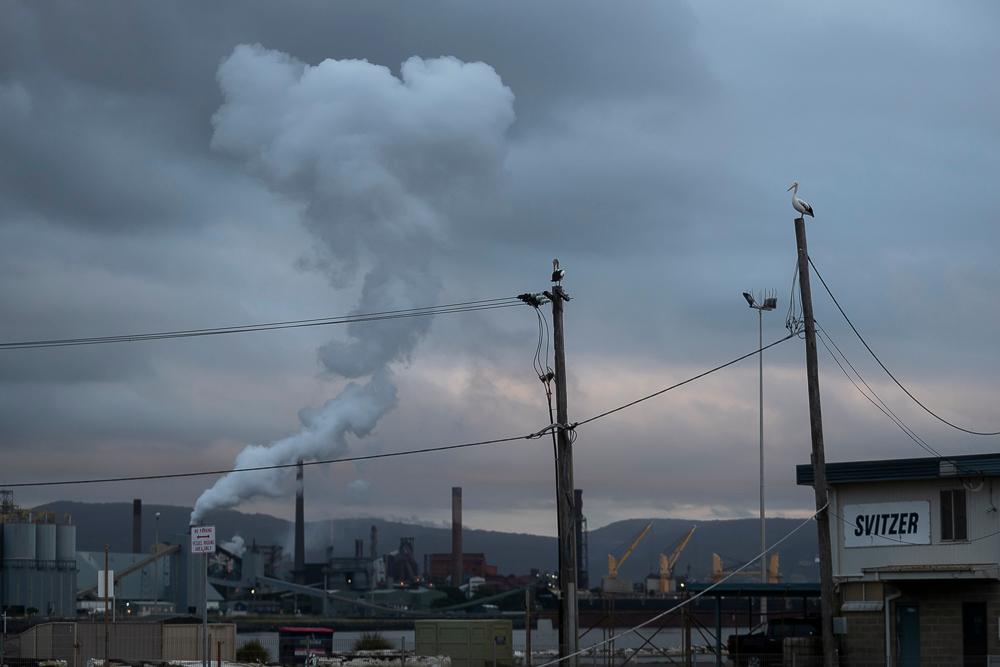The public should have access to air-quality data from all New South Wales (NSW) mine sites amid concerns about the facilities’ impacts on health and the environment, an inquiry has found.
The recommendation was one of a series from a state upper-house inquiry into the impacts of heavy-metal mining.





